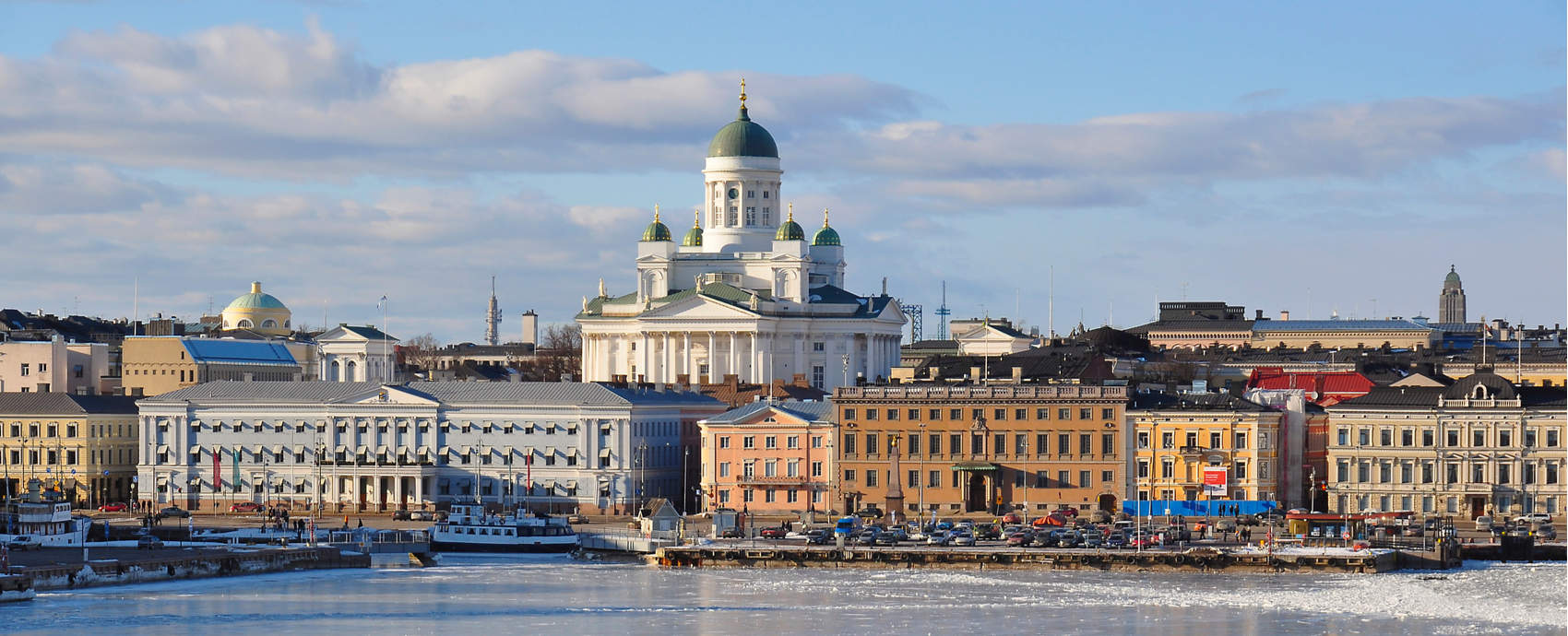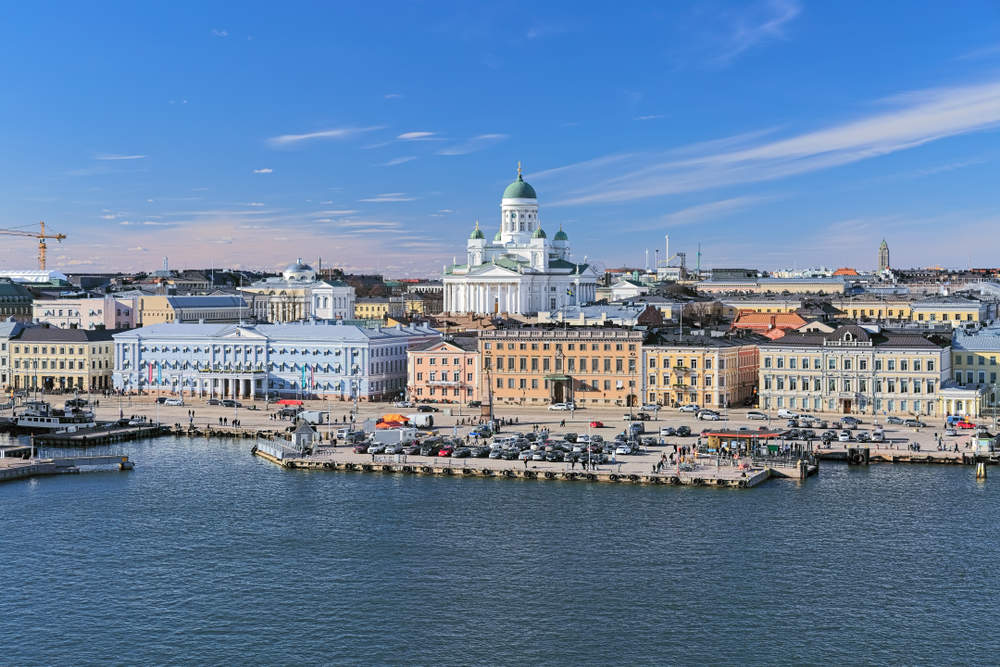
The number of people sleeping rough in the UK has multiplied since 2010. This is not that case in Finland’s capital Helsinki where rough sleeping is almost extinct.
In Helsinki’s central railway station, you will not see anyone sleeping rough or begging for any amount of money. In the UK many major towns and cities you will see rough sleepers curled up in sleeping bags, blankets or tents.

Helsinki’s deputy mayor Sanna Vesikansa said: “In my childhood I remember there were hundreds, or even thousands of people sleeping in the parks and forests,”
“It was visible, but we don’t have it any more. Street homelessness doesn’t exist in Helsinki.”
For the past 30 years tackling homelessness has been a focus for the government in Finland. In 1987 there were more than 18,000 homeless people there but the figures from 2017 show only 6,600 were classified without a home. The majority are living with friends or family or are housed in temporary accommodation. Only a very little number are on the streets.
Since 2007, Finland’s government has built homelessness policies on the foundation of the “housing first” principle. This gives rough sleepers or people who become homeless a stable and permanent home of their own. It then provides them with the help and support they need. They may be supporting people with addiction, assisting them to learn with new skills or helping them get into training, education or work.
Under Housing First the offer is unconditional even if someone is still taking drugs or abusing alcohol they still get to stay in the accommodation as long as they are interacting with support workers. They can sill pay rent through the state housing benefit and people can choose to stay for the rest of their lives.
Sanna Vesikansa said: “We know already that it pays back because we have expenses elsewhere if people are homeless. They have more severe health problems which are then taken to emergency care and hospital.
“Homelessness and rough sleeping is something we just can’t have in our cities, people dying on the streets. It’s not the type of society or city we want to live in.”
Official figures show the number of rough sleepers in England has risen from 1,768 in 2010 to 4,677 in 2018. Housing First’s success has caught the attention of the UK government, which last year agreed to pay for trial schemes in Greater Manchester, Merseyside and the West Midlands.